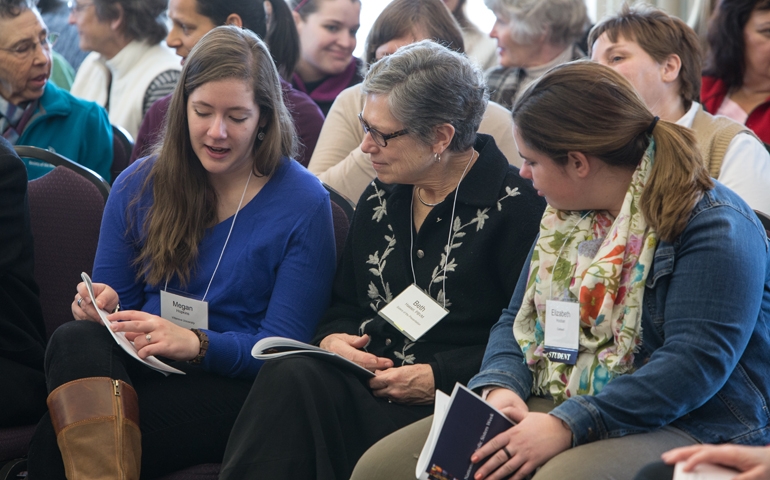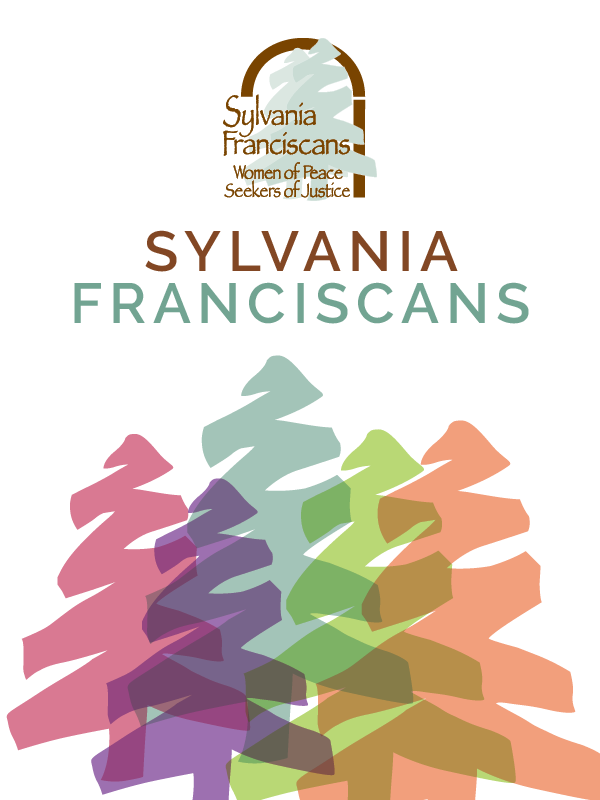
National Catholic Sisters Week
March 19, 2015
Stuck Inside
April 2, 2015By Pat Mills, Sylvania Franciscan Associate
An often heard lament is “I need a change” or “something needs to change.” But change can be a source of stress and fear in our lives.
Psychologists say that times of change: of job, of family structure, of residence are some of the most stressful times for us. I have experienced this many times. I have longed for the elusive qualities of stability, certainty and security … seeking to capture and retain them.
The Jews of Jesus’ day longed for a conquering savior who would bring the certainty and stability they sought for generations as a people. Little did they suspect that the greatest changes would be theirs to make. This is true for us, too.
Especially during the time of Lent, we are invited to reflect on our lives as they are and seek God’s grace to draw closer to him, to “turn away from sin and be faithful to the Gospel.” God himself calls us to conversion, to metanoia. Powerful change can come from unexpected directions.
The first three steps of any 12-step program are (a paraphrase):
Admitting that I am powerless over many aspects of my life.
Believing that only God can make right what is wrong in my life.
Making a decision to turn my will and life over to Gods loving care.
This Lent, I unexpectedly found the fellowship of a 12-step program to be a powerful practice for personal reflection and action. My powerlessness opened a space for God’s healing grace and power. Said another way, “I will rather boast most gladly of my weaknesses, in order that the power of Christ may dwell with me.” 2 Corinthians 12:9 NAB
In Richard Rohr’s book, Breathing Under Water (St. Anthony Messenger Press, 2011) Fr. Rohr compares 12-step programs to Christian spirituality and the teaching of Jesus Christ. He speaks of the “trustful intimacy” with God that is the intent of a 12-step program, and also the outcome of turning our life fully over to the will of the Father.
Fr. Rohr sums up the similarities of a 12-step program and Christian spirituality as:
“We suffer to get well.”
“We surrender to win.”
“We die to live.”
“We give it away to keep it.”
Fr. Rohr says we will resist, deny and avoid this truth until “it is forced on us by some reality over which we are powerless.” That’s powerful and unexpected change. As we conclude our Lenten practice, may our loving Lord always give us the grace and challenge necessary to turn fully toward him and embrace his will for us.







